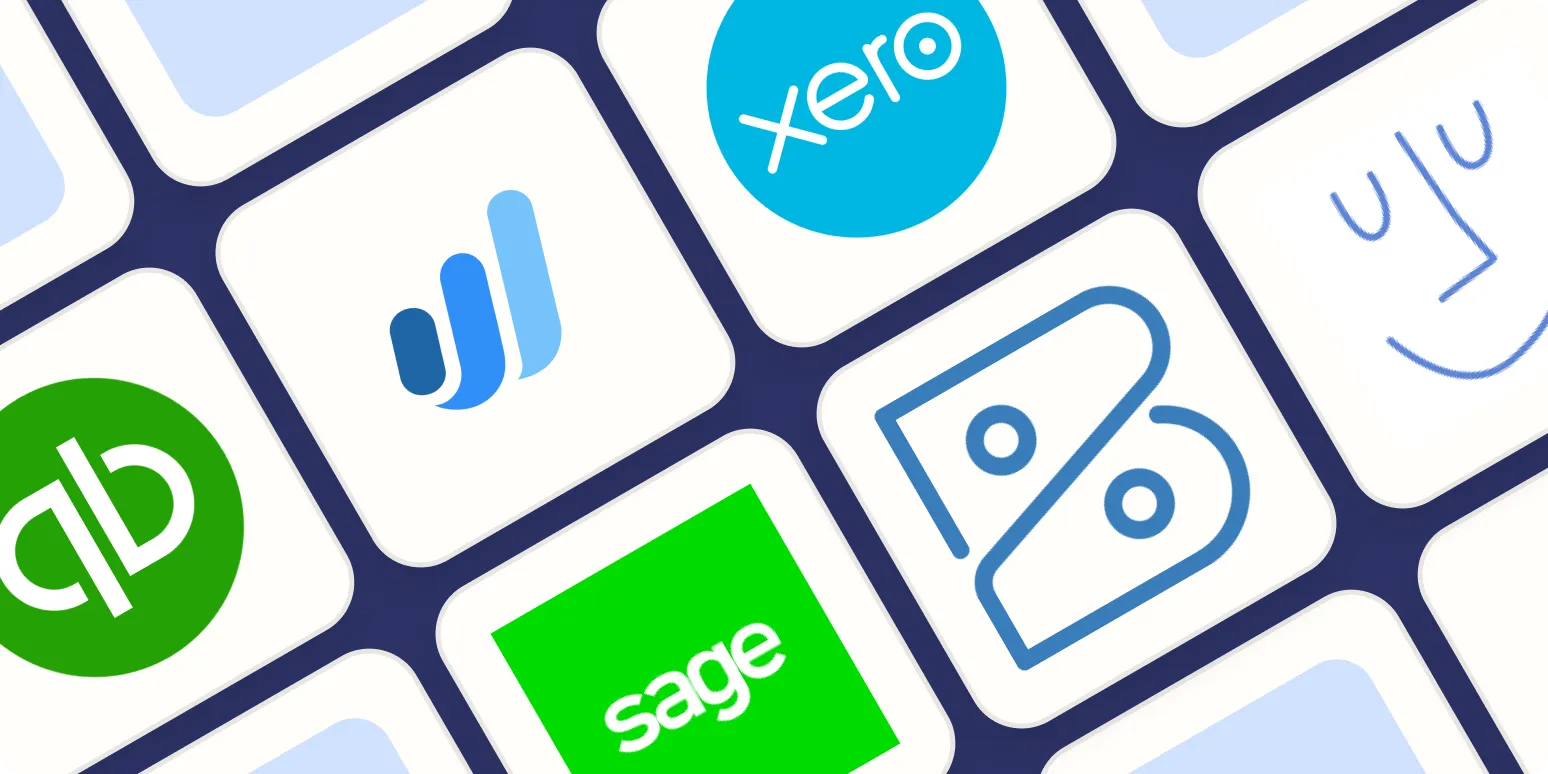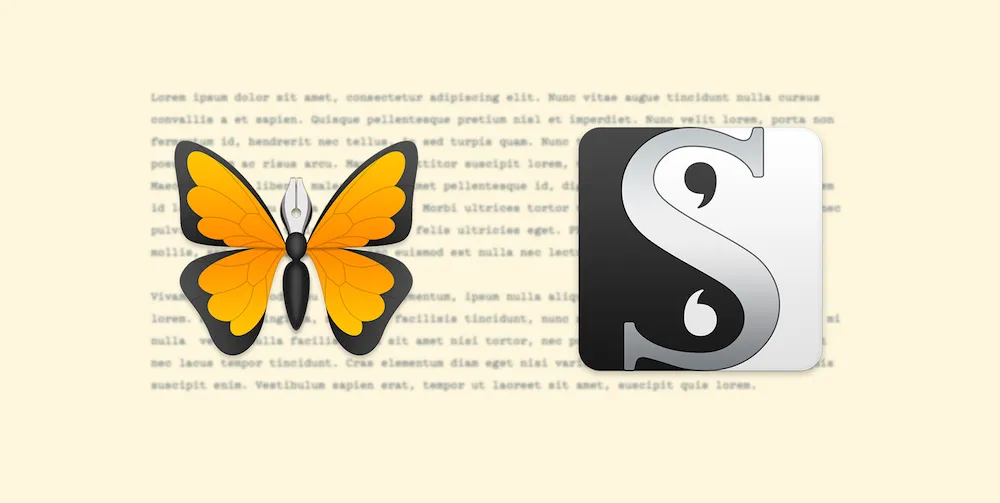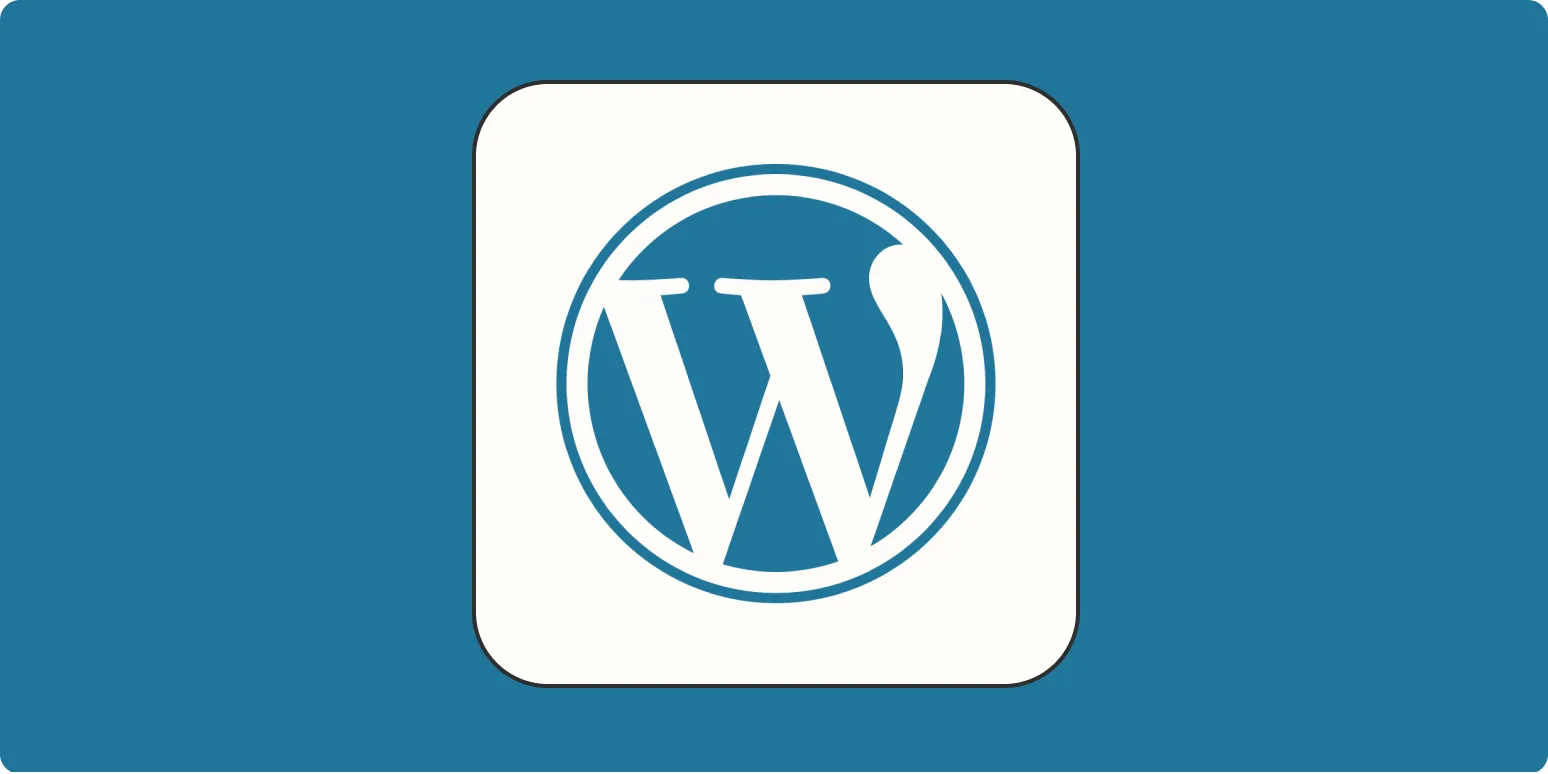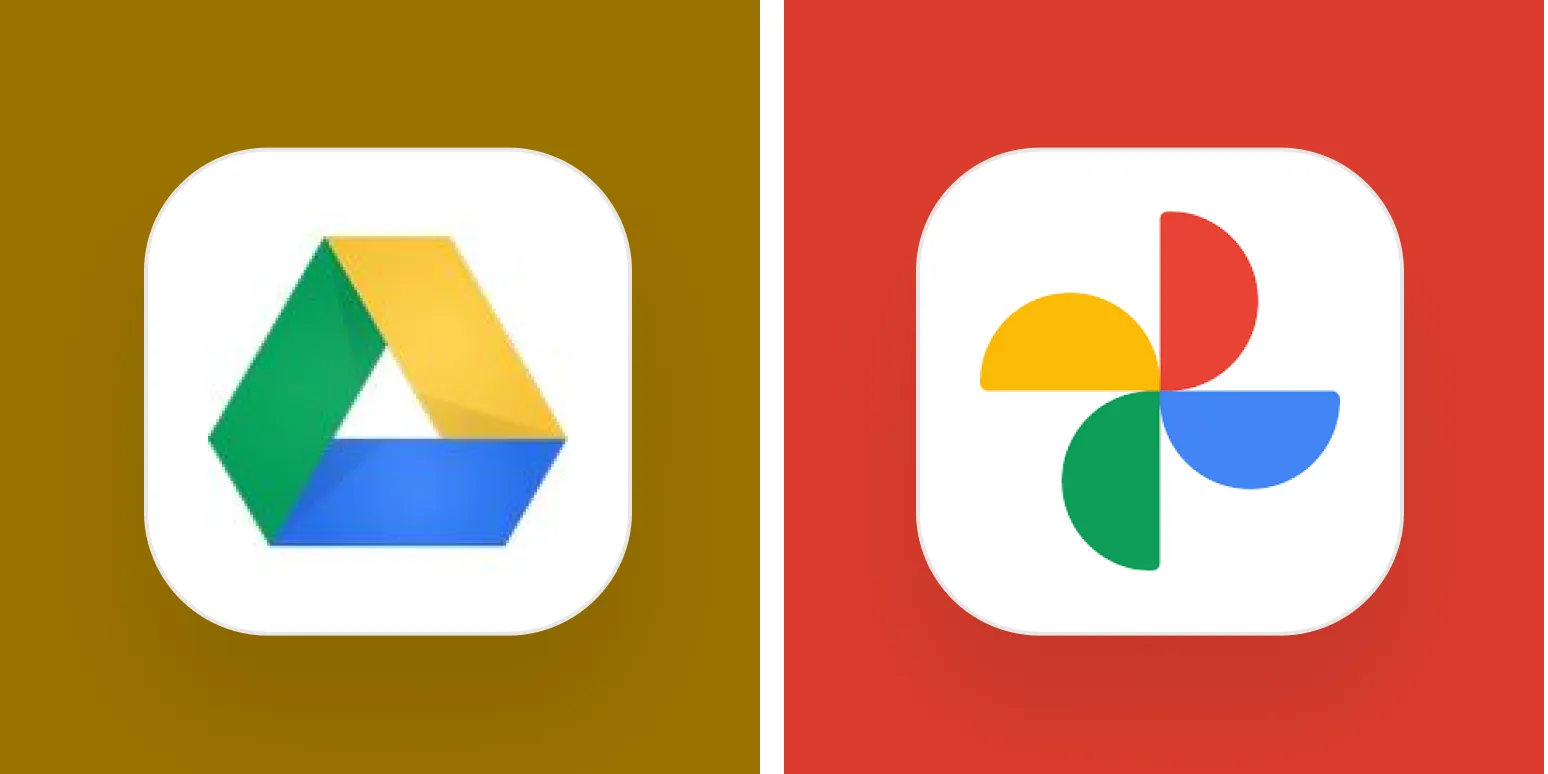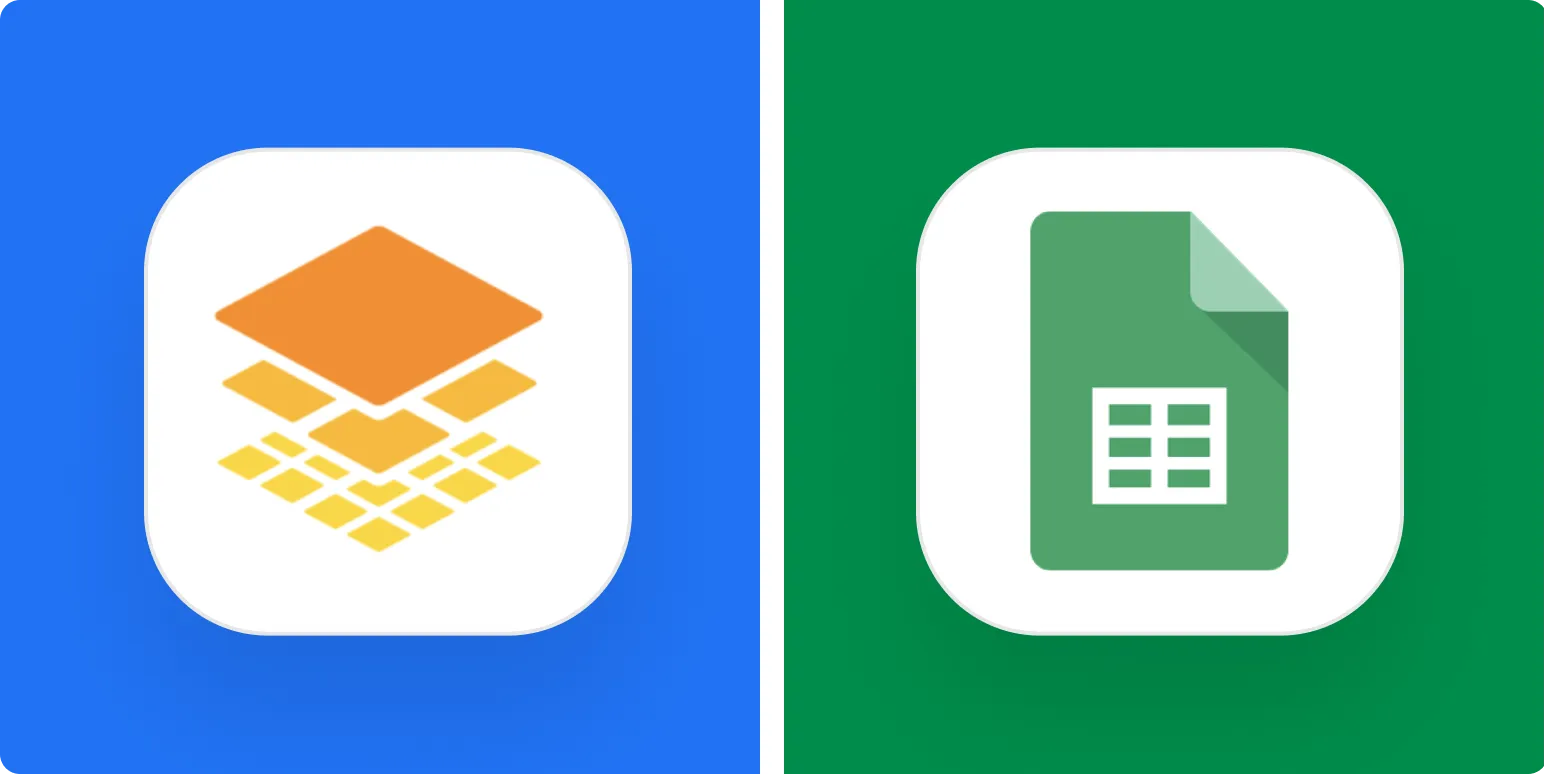In today's digital age, managing finances efficiently is crucial for the success of any small business. Choosing the right accounting software can streamline your operations, enhance accuracy, and save valuable time. Below, we explore the best accounting software options available for small businesses, highlighting their key features, pricing, and benefits.
Top Accounting Software for Small Businesses
To help you make an informed decision, we have compiled a list of the top accounting software solutions along with their essential features and pricing. This comparison will give you a clearer picture of what each software offers.
| Software | Key Features | Pricing |
|---|---|---|
| QuickBooks Online |
|
Starting at $25/month |
| Xero |
|
Starting at $12/month |
| FreshBooks |
|
Starting at $15/month |
| Sage Business Cloud Accounting |
|
Starting at $10/month |
| Wave Accounting |
|
Free (with paid services available) |
Detailed Overview of Each Software
QuickBooks Online is one of the most popular choices among small businesses due to its comprehensive features and user-friendly interface. It offers robust tools for invoicing, expense tracking, and tax calculations. The mobile app ensures that you can manage your finances on the go, making it a great option for business owners who need flexibility.
Xero stands out for its unlimited users feature, making it ideal for small business teams. Its project tracking and inventory management capabilities provide businesses with the tools they need to manage their operations effectively. Additionally, the multi-currency support is a significant advantage for businesses dealing with international clients.
FreshBooks is designed with freelancers and small service-based businesses in mind. Its time tracking feature allows users to bill clients accurately based on hours worked. The customizable invoices and client portal enhance the customer experience, making it easier for clients to interact with their service providers.
Sage Business Cloud Accounting offers a solid set of features for businesses focused on cash flow management. Its recurring billing feature is particularly useful for businesses that operate on subscription models. With detailed financial insights and mobile accessibility, Sage is a great choice for businesses aiming to maintain a clear overview of their finances.
Wave Accounting is a fantastic option for startups and small businesses on a budget, as it is entirely free. While it includes features like invoicing, receipt scanning, and financial reporting, businesses should be aware that payroll services come at an additional cost. Nevertheless, Wave provides ample functionality for those looking to manage their finances without incurring software costs.
Key Considerations When Choosing Accounting Software
When selecting the best accounting software for your small business, consider the following factors:
- Business Size: Some software options are more suited for larger teams, while others cater to freelancers and sole proprietors.
- Budget: Determine how much you are willing to spend each month on accounting software. Free options like Wave may be ideal for startups.
- Features: Identify the essential features you need, such as invoicing, reporting, or project management. Choose software that aligns with your operational requirements.
- User Experience: Look for intuitive interfaces and mobile compatibility to ensure ease of use for you and your team.
- Customer Support: Reliable customer support can help you resolve issues quickly, so consider the support options available with each software.
Conclusion
Choosing the best accounting software for your small business can significantly impact your financial management efficiency. Whether you opt for QuickBooks Online, Xero, FreshBooks, Sage Business Cloud Accounting, or Wave Accounting, ensure that it meets your business needs and budget. By leveraging the right accounting tools, you can focus more on growing your business and less on managing finances.

